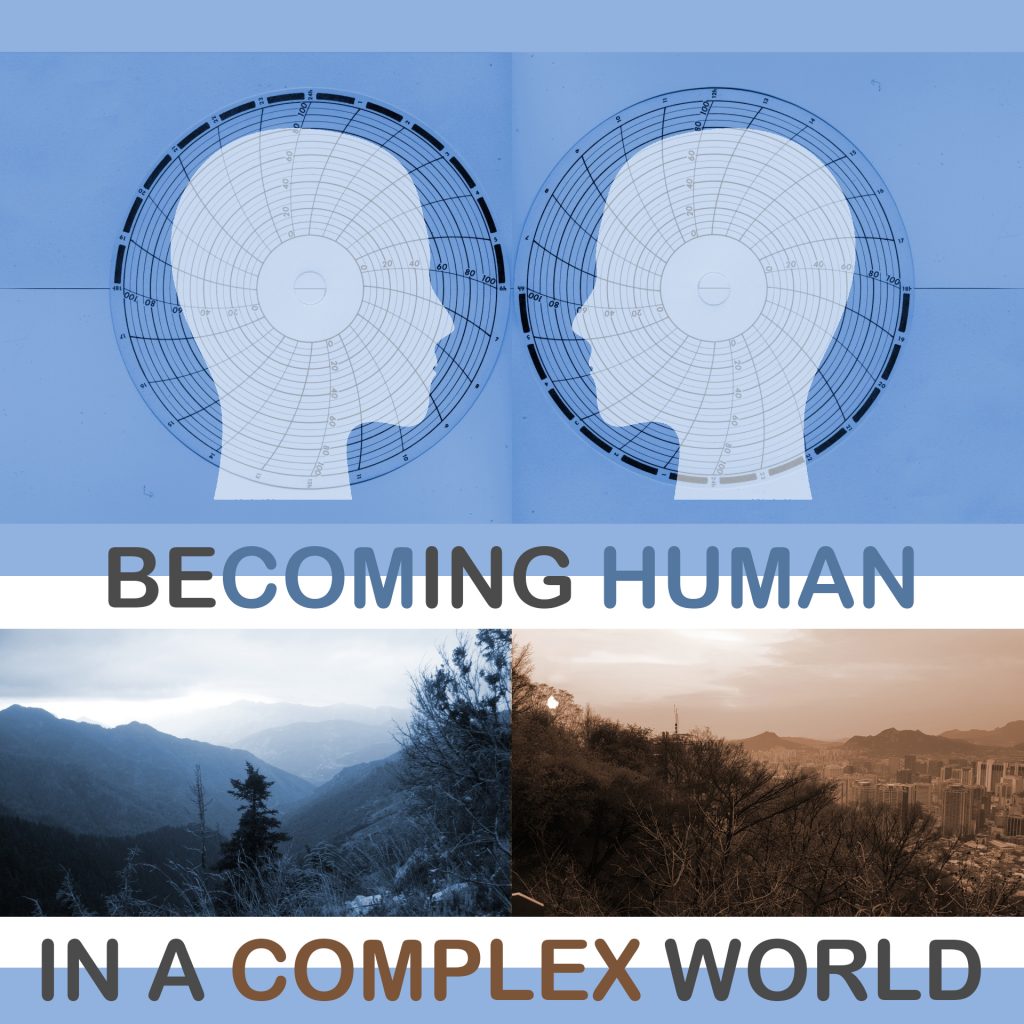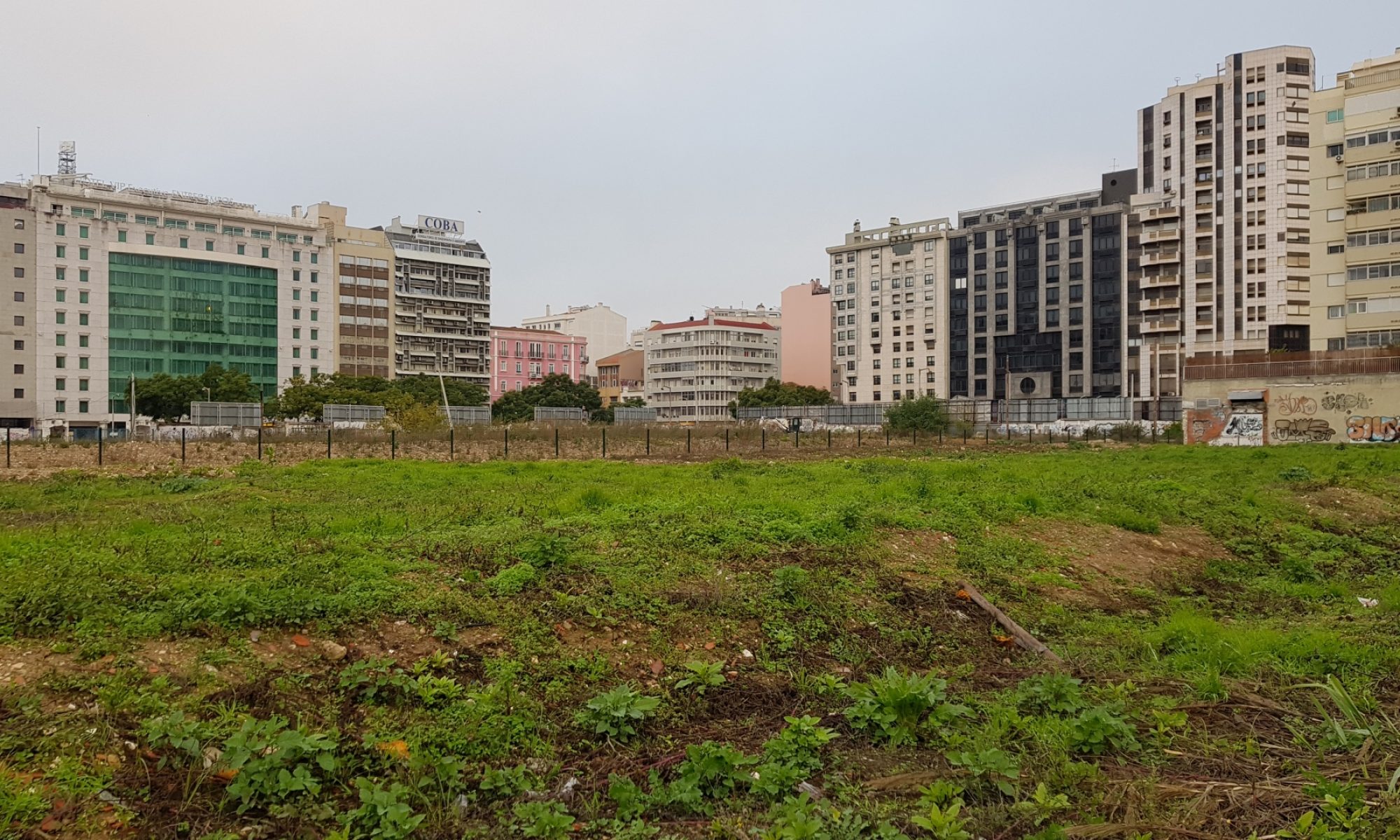
Children are initially innocent, in the sense that they are a priori not influenced by prejudice. They are also curious to get to know the world around them. For them, that world is a world of discovery, fantasy and play, but also a world in which they become confronted either directly or indirectly with issues such as climate change, pandemics, poverty and religious, cultural and political conflicts.
With their innocence and curiosity, children are also vulnerable, as they can easily be manipulated by purported truths and ‘evidence-based’ stories of the adult world. However, that doesn’t mean we should keep things simple for them, on the contrary. Cognitive development theory as well as every day experience tells us that children, in their development towards adolescence and beyond, have the early and intrinsic capability to deal with the complexity of the world around them. Taking that complexity as a given, they have the right to develop the intellectual and ethical competences to learn to deal with it.
With that premise, the New Humanism Project wants to open the dialogue on what it implies for all of us to become human in a complex world. That dialogue could start from the following three questions:
What are the intellectual and ethical competences children need to develop in order to become (self)reflexive, caring and tolerant cosmopolitans or ‘citizens of the world’?
V
What kind of education could support and guide them in that becoming while they are at the same time exploring their own path of life?
V
Is there a need for a universal curriculum for ethical competence and, if so, what should it contain?
Obviously, a reflection on this topic is also a reflection on the ethical positions adults (as parents, educators, policy makers, …) would adopt with respect to it. In that sense, deliberating an ‘education for a cosmopolitanism beyond comfort zones’ is at the same time a reflection on what adults think is good for (their) children and on what we can learn from different visions among them.
workshops
Becoming Human in a Complex World
dialogues on an education for a cosmopolitanism beyond comfort zones
We launched the dialogue with a pilot workshop in New York on 27 September 2019 with the aim to organise follow-up workshops with people and organisations having a specific interest or role in education practice, theory or policy all over the world. The corona pandemic has put a temporary halt to that plan, but we came back, and are eager to continue the dialogue with you.
The outcome of the dialogues will cristallise into a synthesis text that will be presented to UNESCO as a recommendation. Just like UNESCO and countless people and organisations, we affirm that the right to education is a fundamental human right, but we believe committing to that right doesn’t stop with providing access to education. Recognising diversity and pluralism but also equality, attention should also go to the competences we all need to joyfully, freely and responsibly live together and to care for each other while facing those complex social, cultural and environmental issues now and the future.

Contact us
if you would like to organise a workshop with us.
